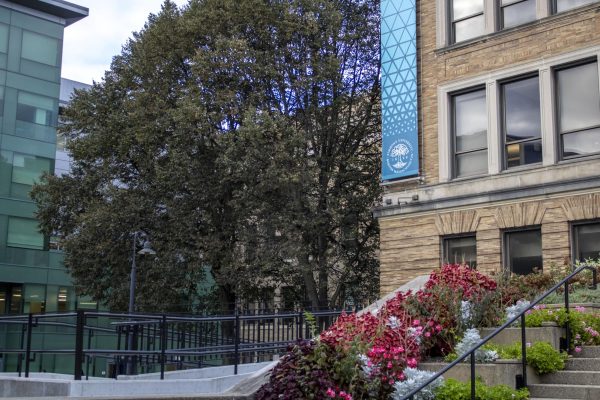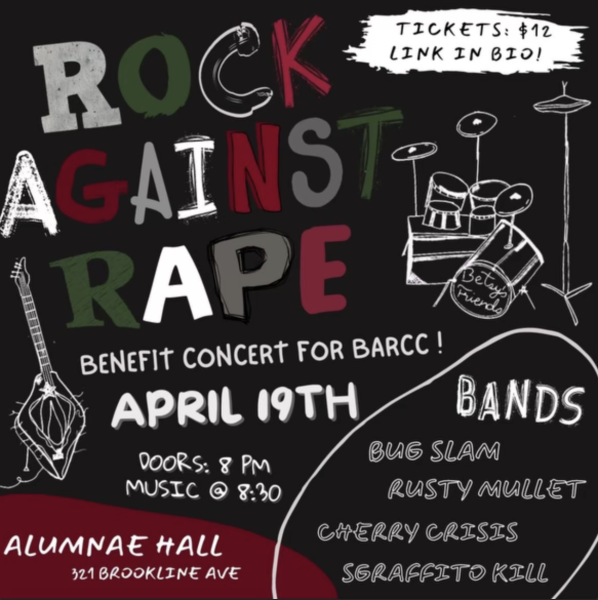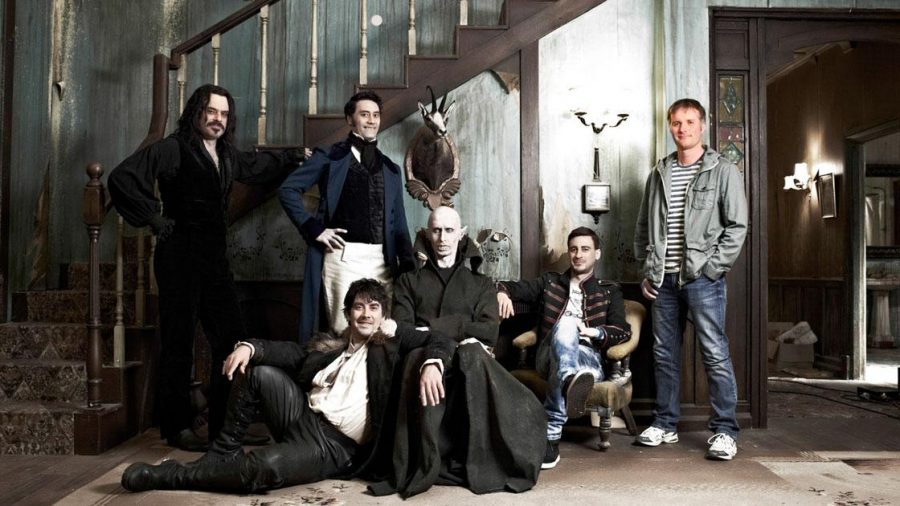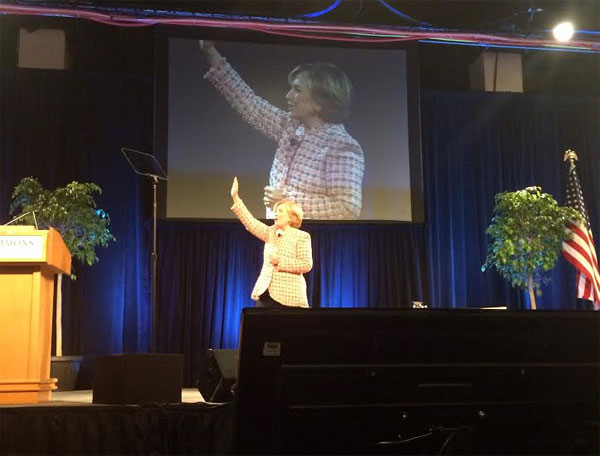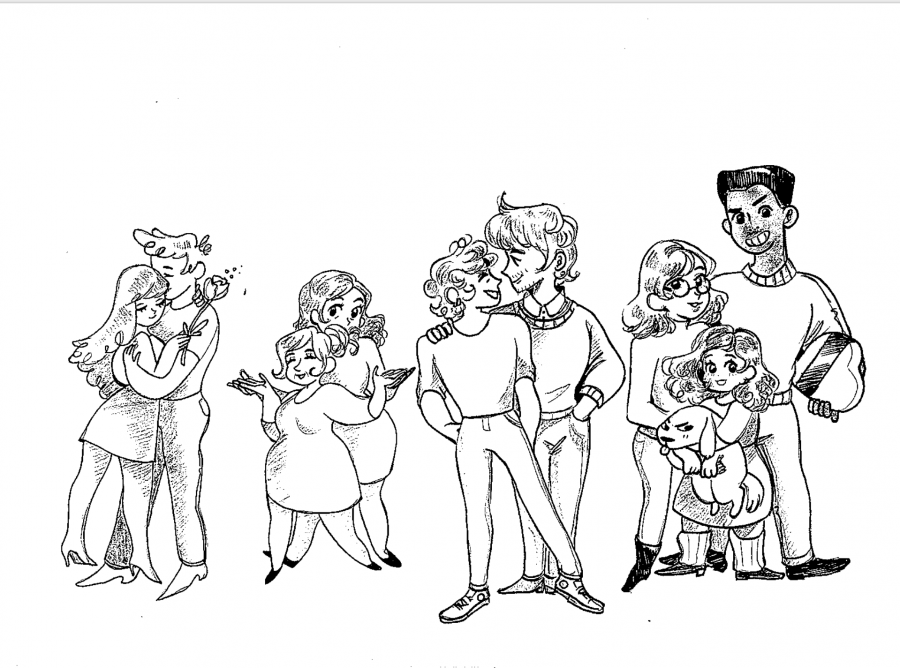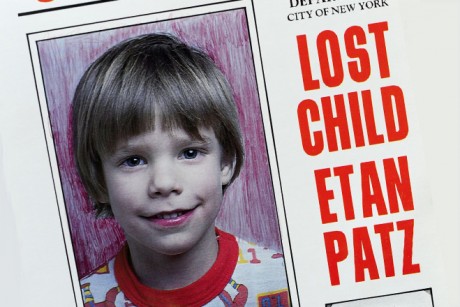By Margaret Teague
Staff Writer
There were 12 highly specialized speakers at the TEDx event at Wellesley College on Saturday, Feb. 22, talking to the theme of consilience, “the linking together of principles from different disciplines, especially to form a comprehensive theory.”
The majority of guests for the live show were Wellesley students, professors and alumnae, a crowd of roughly 100 people.
Standout speakers included animal-rights activists and entrepreneurs Margaret and Irene Li, self-described “spiritual atheist” Alan Lightman, molecular biologist Janet Iwasa, HoneyBee Capital CEO Katherine Collins, and John Maeda, president of New England School of Design and owner of a twitter account mentioned as “one of the best,” by TIME.
“Consilience is really cool because I’m interested in anything that talks about people, society, and relationships…because that’s the world, the human experience and the re-envisioning of society,” said New Hampshire resident Taylor Gamache, who drove down for the talk.
Two years ago Cilia Lee and Yong Wei-Chung began planning the TEDx event. The “X” indicates the TED event is independently organized.
Wei-Chung came up with the theme of consilience and proposed it first to Lee.
“It resonates with our liberal arts mindset. It reflects the interdisciplinary arts style and way of learning, so we really like it,” said Lee.
Each talk seemed to evoke curiosity and inspiration amongst audience members.
“One percent of food is grown locally. That gives us 99 percent opportunity,” said Irene Li, encouraging listeners to turn away from big farming. The sister duo ended their talk by challenging the audience, “What footprints are you leaving behind?”
The 12 talks were divided into four sections of the day. In between sessions, audience members had the opportunity to mingle and rub shoulders amidst the speakers.
Alan Lightman, a physicist, writer, and MIT professor, is most famous for his 1992 international bestseller, “Einstein’s Dreams.”
“I believe in a spiritual world, a spiritual belief in something larger than the self, a connectedness to the world and an appreciation for beauty…I have had transcendent experiences that science cannot account for,” said Lightman.
Lightman founded the Harpswell Foundation: “Empowering a new generation of women leaders in the developing world,” located in Cambodia. He spends half of the year devoted to the successful NGO.
“I am a humanist, someone who lives deliberately and leads a self-examined life, interested in the inner lives of other people,” said Lightman.
Dr. Janet Iwasa informed the audience of her work in molecular animation and the complexity of cells.
“People should care because there’s something inherently interesting about the molecular world. There’s beauty there and it’s fascinating to know about, even if you’re curious for curiosity’s sake,” said Iwasa. “Our research is dependent upon federal funding. As biologists we have a responsibility to say why our research is interesting. If biologists did a better job of communicating, more people would be interested, especially in the origins of disease.”
Iwasa’s scientific journals have been featured in the New York Times, and in 2012 she was recognized in the “100 Most Creative People” by Fast Company Magazine.
“I really enjoyed it. I don’t have experience in thinking of design and technology, and the way they interconnect is fascinating,” said Asha Carter, a 2013 Wellesley graduate.
Katherine Collins is the CEO of Honeybee Capital, a company providing expertise for investors.
“It’s the idea of connecting across cultures and living in a community among the people; not just moving through a country, but being in it,” said Collins of her volunteer experience with Habitat for Humanity and Last Mile Health.
John Maeda held a captive audience throughout the duration of his talk, as he explained the human life as divided into four quarters.
“We’re really happy with the turnout,” said media executive and Wellesley student Claire Cerda. “It’s something the community can really benefit from. We’re really thankful for the support we’ve gotten.”



